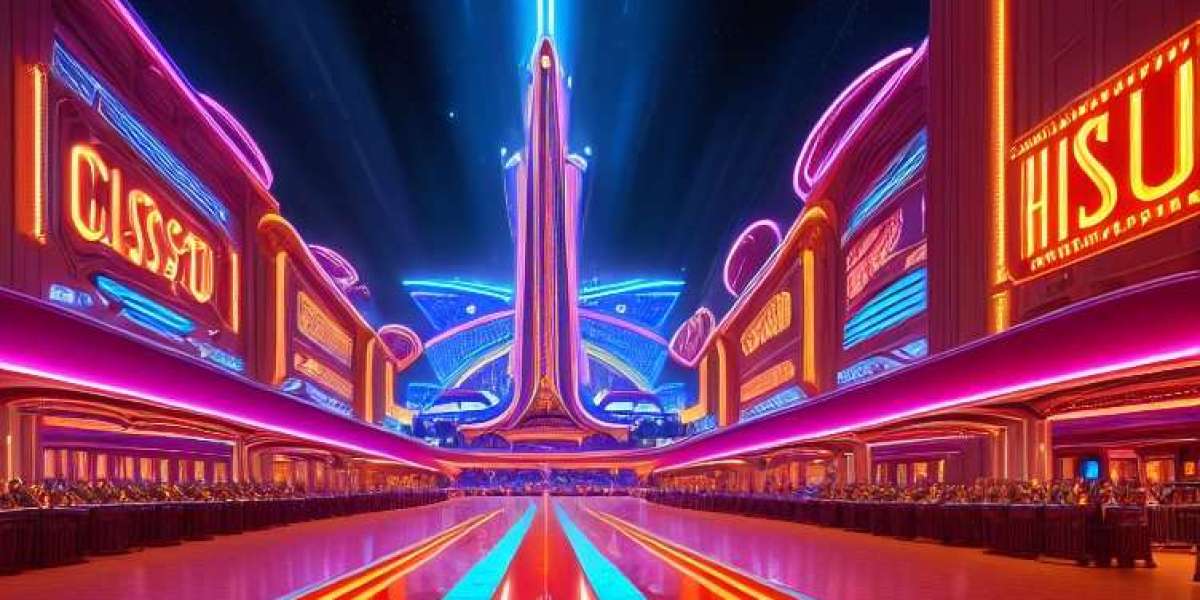Exhibitions, trade shows, and events require a controlled indoor climate to ensure comfort for visitors, protect sensitive equipment, and enhance the overall experience. Exhibition air conditioners are specifically designed for temporary yet effective cooling and heating solutions, providing optimal temperature regulation in large venues, convention centers, and outdoor pavilions.
This guide explores everything about exhibition air conditioner , from their types and features to their benefits, selection criteria, and best practices for installation and maintenance.
1. What is an Exhibition Air Conditioner?
An exhibition air conditioner is a portable, high-capacity cooling system tailored for event spaces, trade shows, and temporary setups. Unlike standard HVAC systems, these units are easy to transport, install, and remove after an event. They ensure a stable indoor environment, preventing overheating of lighting systems, display equipment, and densely packed crowds.
Key Features:
✔️ High cooling capacity (5,000 – 50,000 BTU or more)
✔️ Quick installation with minimal structural modifications
✔️ Portable and modular design for flexibility
✔️ Advanced air filtration for improved indoor air quality
✔️ Energy-efficient operation to reduce costs
2. Types of Exhibition Air Conditioners
| Type | Description | Best Use Cases |
|---|---|---|
| Portable Air Conditioners | Freestanding units with flexible ducting | Small booths, kiosks, enclosed spaces |
| Ducted Split Systems | Indoor units connected to an external compressor | Large exhibition halls, semi-permanent setups |
| Evaporative Coolers | Uses water to cool air; energy-efficient | Outdoor events, dry climates |
| Chiller-Based Systems | Centralized cooling with water-cooled technology | Large-scale exhibitions, high-density venues |
| VRF (Variable Refrigerant Flow) Systems | Smart cooling with zone control | Multi-zone exhibitions, premium venues |
Each type has unique advantages based on event size, venue restrictions, and budget considerations.
3. Why Do Exhibitions Need Special Air Conditioning?
✔️ Crowd Heat Load Management
Exhibition halls accommodate hundreds or even thousands of attendees, generating significant heat. Standard ventilation systems often fail to handle this load, leading to discomfort.
✔️ Equipment Cooling
LED screens, lighting fixtures, and electronic booths generate heat that can damage sensitive equipment. Exhibition air conditioners prevent overheating and system failures.
✔️ Comfort & Visitor Experience
Maintaining an optimal temperature encourages longer visitor engagement, increasing the chances of networking, conversions, and business success.
✔️ Compliance with Health & Safety Regulations
Many event venues have strict climate control requirements to ensure public safety, particularly for enclosed spaces with limited airflow.
4. How to Choose the Right Exhibition Air Conditioner
Choosing the right cooling system depends on multiple factors:
? Venue Size & Layout
✔️ Measure the total square footage and ceiling height
✔️ Identify areas with high heat generation (stage lights, food stalls)
✔️ Consider air circulation pathways
? Cooling Capacity (BTU Calculation)
The required cooling power is measured in BTUs (British Thermal Units). Here’s a quick reference guide:
| Venue Size | Recommended BTU |
|---|---|
| 100 – 500 sq. ft. | 10,000 – 15,000 BTU |
| 500 – 1,500 sq. ft. | 15,000 – 30,000 BTU |
| 1,500 – 3,000 sq. ft. | 30,000 – 50,000 BTU |
| 3,000+ sq. ft. | 50,000+ BTU (Chiller/VRF recommended) |
? Portability & Installation Requirements
✔️ Ensure the unit fits through doors and passageways
✔️ Look for plug-and-play options with minimal wiring
✔️ Verify power supply compatibility with the venue
? Noise Levels
Exhibitions often involve speakers, product demos, and networking. Opt for low-noise air conditioners (below 55 dB) to avoid disruptions.
? Energy Efficiency & Sustainability
✔️ Inverter technology for variable speed control
✔️ Eco-friendly refrigerants (R32, R410A)
✔️ Smart thermostats for automated cooling
5. Installation & Placement Strategies for Maximum Efficiency
Strategic placement ensures even cooling and energy efficiency:
? Position near heat sources: Avoid placing units directly facing doorways or air vents.
? Use directional airflow: Adjustable vents help distribute cool air evenly.
? Optimize air circulation: Pair air conditioners with fans to prevent temperature stratification.
? Avoid obstructions: Ensure airflow is not blocked by large displays, banners, or partitions.
6. Maintenance Tips for Long-Lasting Performance
Regular maintenance enhances performance and extends the lifespan of exhibition air conditioners:
✔️ Clean air filters before and after every event to prevent dust buildup.
✔️ Check refrigerant levels to maintain cooling efficiency.
✔️ Inspect electrical connections to avoid short circuits.
✔️ Schedule professional servicing for large-scale chiller or VRF systems.
7. Cost Considerations: Renting vs. Buying Exhibition Air Conditioners
| Factor | Renting | Buying |
|---|---|---|
| Upfront Cost | Lower | Higher |
| Flexibility | High (ideal for short-term events) | Fixed |
| Maintenance | Covered by rental provider | Owner’s responsibility |
| Customization | Limited to available models | Can select specific features |
| Long-Term Savings | Higher for frequent users | Cost-effective for regular exhibitions |
For one-time events, renting is cost-efficient. For businesses with regular exhibitions, purchasing provides better ROI over time.
8. Common Problems & Troubleshooting Guide
| Issue | Possible Cause | Solution |
|---|---|---|
| Insufficient cooling | Undersized unit or blocked airflow | Upgrade to a higher BTU model, remove obstructions |
| Excessive noise | Loose components, aging compressor | Tighten parts, schedule servicing |
| Water leakage | Clogged drain line, faulty condensation pump | Clear drainage, replace pump if needed |
| Power fluctuations | Inconsistent voltage supply | Use voltage stabilizers or dedicated circuits |
9. Best Exhibition Air Conditioner Brands in the Market
Several brands specialize in high-performance event cooling solutions. Some leading manufacturers include:
Trane – Known for energy-efficient chiller-based cooling systems.
Daikin – Offers VRF technology for precise zone control.
Carrier – Provides powerful yet portable AC solutions.
MovinCool – Specializes in temporary air conditioning units.
Honeywell – Affordable evaporative coolers for outdoor events.
10. Frequently Asked Questions (FAQs)
Q1: How much power does an exhibition air conditioner consume?
Power consumption varies based on BTU rating and usage duration. A 12,000 BTU unit typically consumes 1.2 – 1.5 kWh per hour.
Q2: Can portable air conditioners be used in outdoor exhibitions?
Yes, but evaporative coolers are often preferred for outdoor events due to better airflow and humidity control.
Q3: What is the best temperature setting for exhibitions?
For optimal comfort, maintain a temperature between 22°C – 24°C (72°F – 75°F).
Q4: Are exhibition air conditioners eco-friendly?
Newer models use R32 or R410A refrigerants, which have lower environmental impact. Look for Energy Star-rated units for better efficiency.








